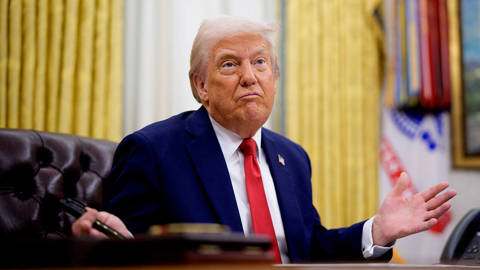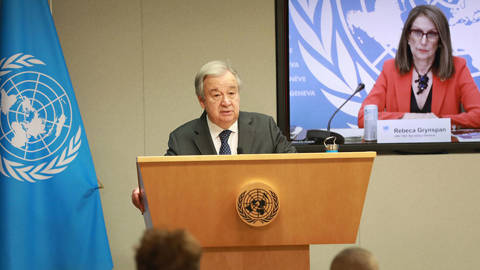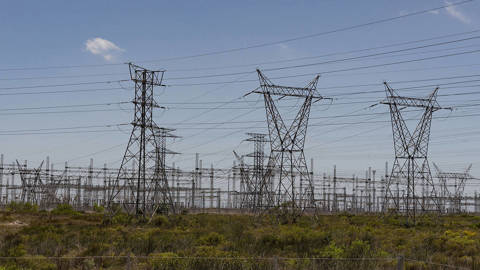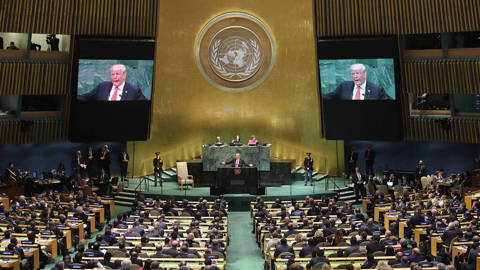Kenneth Rogoff
Kenneth Rogoff, a former chief economist of the International Monetary Fund, is Professor of Economics and Public Policy at Harvard University and the recipient of the 2011 Deutsche Bank Prize in Financial Economics. He is the co-author (with Carmen M. Reinhart) of This Time is Different: Eight Centuries of Financial Folly (Princeton University Press, 2011) and the author of the forthcoming book Our Dollar, Your Problem (Yale University Press, 2025).
-
China Can’t Spend Its Way Out of Trouble

China Can’t Spend Its Way Out of Trouble
Apr 2, 2025 Kenneth Rogoff argues that the country’s problems can be traced back to its response to the 2008 financial crisis.
-
What Trump 2.0 Means for Africa and Latin America

What Trump 2.0 Means for Africa and Latin America
Mar 5, 2025 Kenneth Rogoff highlights the far-reaching implications of the new administration’s move to slash foreign-aid funding.
-
Europe in Trump’s Crosshairs
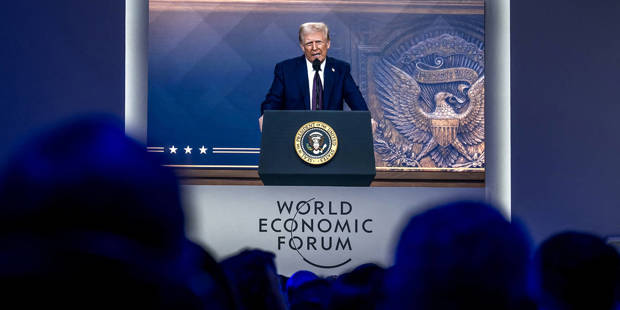
Europe in Trump’s Crosshairs
Jan 28, 2025 Kenneth Rogoff urges EU policymakers not to allow the new US administration to distract them from key policy priorities.
-
Will Trump Fire the Fed?
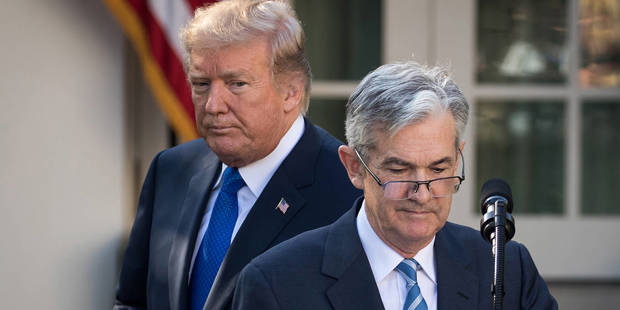
Will Trump Fire the Fed?
Jan 2, 2025 Kenneth Rogoff worries about the incoming US administration’s plans to weaken the central bank’s independence.
-
Will the Second Trump Boom Go Bust?

Will the Second Trump Boom Go Bust?
Dec 16, 2024 Kenneth Rogoff warns that, regardless of domestic policies, powerful global headwinds could impede US economic growth.

